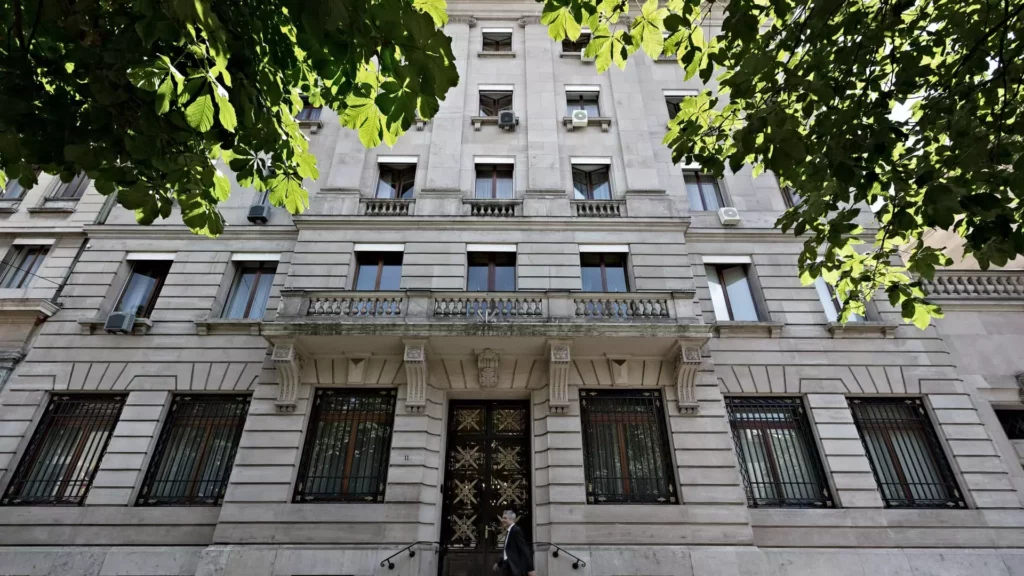Lombard Odier, a prominent player in the Swiss banking sector and one of the nation’s oldest private banks, has recently found itself entangled in a serious legal bind. The Swiss Attorney General’s Office (OAG) has formally indicted the bank alongside a former employee on charges of “aggravated money laundering.” This development has raised significant eyebrows not only in Switzerland but also internationally, given the weight of the accusations and the historical reputation of Lombard Odier, which can be traced back to 1796. The situation poses questions about banking ethics and regulatory compliance, particularly in a financial landscape where reputation is often paramount.
The indictments stem from claims that Lombard Odier allegedly assisted in concealing illicit funds connected to a criminal organization linked to Gulnara Karimova. Karimova, the daughter of late Uzbek president Islam Karimov, has been indicted for her involvement in money laundering operations from 2005 to 2012. This period seemingly overlaps with her father’s authoritarian rule, during which corruption and misappropriation of state funds were rampant. The OAG believes that the misconduct at Lombard Odier was significant enough to play a crucial role in hiding the proceeds of these alleged criminal activities.
According to the OAG, the investigation into Lombard Odier’s practices has been ongoing since 2016, revealing patterns of financial transactions that raised red flags regarding the source of funds being handled by the bank. The assertion that a part of the alleged laundered money may have been deposited into bank accounts at Lombard Odier in Geneva complicates the bank’s defense. Historically, banks such as Lombard Odier have prided themselves on their rigorous compliance protocols, making these allegations particularly damning.
Lombard Odier’s Response: A Staunch Denial
In a swift response to the indictment, Lombard Odier has categorically denied the allegations, asserting that they had proactively reported their suspicions to Swiss authorities. The bank’s management insists that the accusations are baseless and that they plan to vigorously defend against them in court. The assertion of “insufficient controls” as the basis for the indictment suggests that prosecutors believe there was a failure on Lombard Odier’s part to detect or report suspicious activities that they should have known about.
This contradiction raises important questions about accountability in the banking sector. If Lombard Odier placed value on compliance, why did their internal controls falter at such a critical juncture? The ongoing legal discourse will likely probe into the complexities of the bank’s operational standards and whether they align with the rigorous expectations of the Swiss financial regulatory environment.
This case could have far-reaching consequences for the banking industry in Switzerland and beyond. It underscores the necessity for financial institutions to enhance their diligence mechanisms and transparency protocols. The Lombard Odier case serves as a potent reminder that a reputation cultivated over centuries can be placed in jeopardy due to lapses in compliance and ethical conduct.
As the legal battles unfold, stakeholders within the banking sector will be closely watching, aware that these allegations may set precedents affecting future regulatory compliance and financial responsibility. The outcome may well shape the narrative around how financial institutions manage their relationships with clients who have potentially questionable backgrounds, particularly in high-risk jurisdictions.

